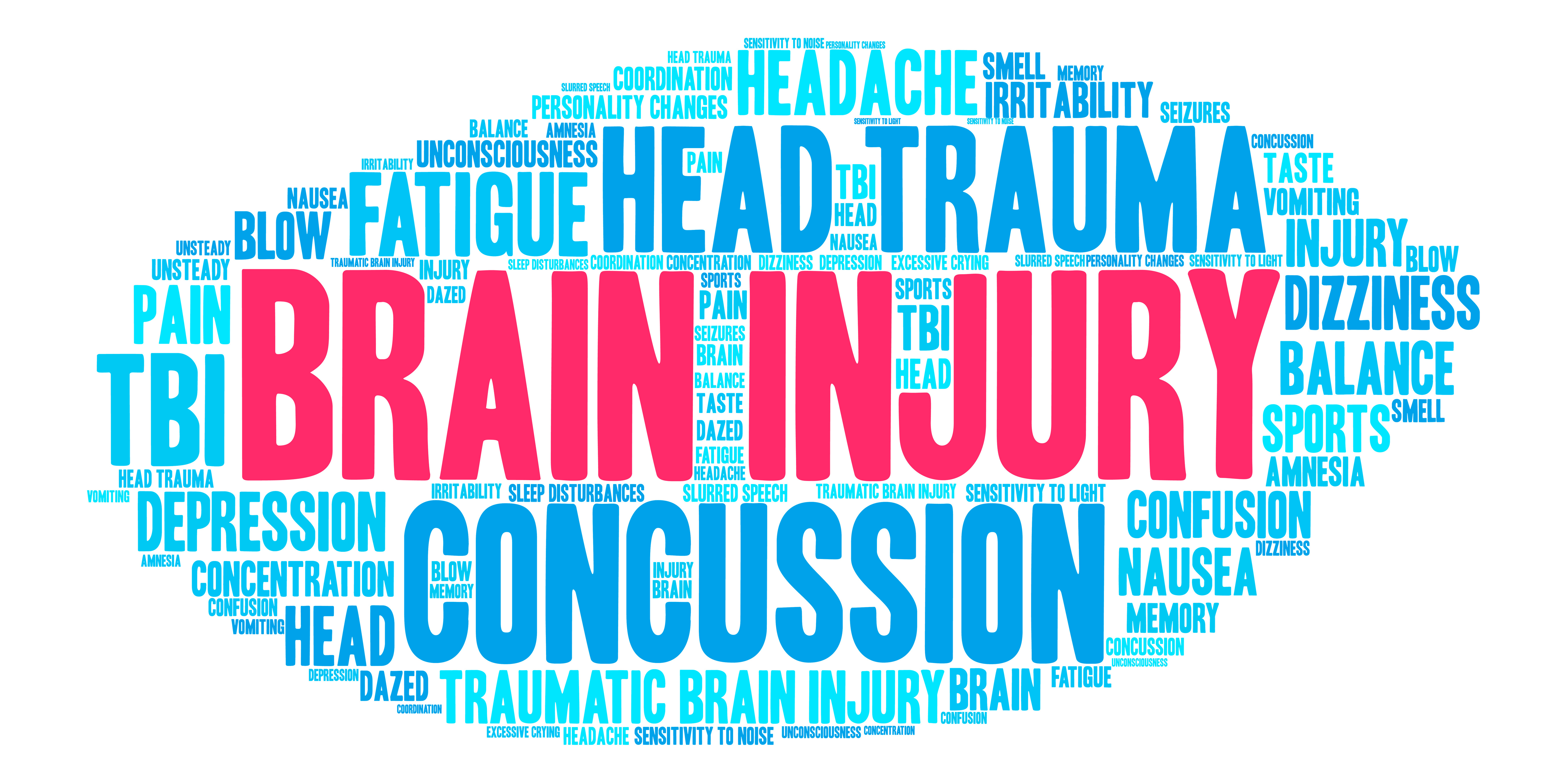Toronto-Mild Traumatic Brain Injury & Concussion in Children & Adolescents
Are you worried about a child, adolescent or young adult you know, or work with, who has suffered a mild traumatic brain injury or concussion?
Traumatic Brain Injuries are diagnosed as mild, moderate or severe. Mild Traumatic Brain Injuries (mTBIs) or concussions are more common in children, adolescents or adults than moderate or severe traumatic brain injuries. Both concussions and mTBIs involve injuries to the brain which are considered mild and non-life threatening.

Have you been told, or do you believe, that there is nothing to worry about, that the effects of a mild traumatic brain injury or concussion are likely to be relatively benign and short lived?
Unfortunately, this is not always the case. Many young people who suffer a mild TBI or concussion will exhibit long term negative effects. These can contribute to behavioral and/or academic and learning problems. This is true even when brain imaging scans show no sign of a brain injury, or when the young person has recovered from the primary symptoms associated with the acute injury stage. Brain imaging techniques may not reveal the varied, severe and complex injuries that can result from a TBI or concussion, and that can contribute to learning and behavioral problems in young people.
While concussions and mTBIs are considered mild because they are
not life threatening, research indicates that 40% of children with a history of mTBI or concussion exhibit a range of long
term negative effects.
(Brownwell, 2024) reported that " 70 to 90 % of reported TBI cases are categorized as "mild" yet as many as 90% of mTBI cases go undiagnosed even though their effects can last for years." These often show up as neurocognitive impairments, such as memory, attention, processing speed and executive function problems. Cognitive impairments like these are often at issue in the persistent academic difficulties that these children may show following a concussion or mild TBI.
What Are Your Concerns?
Is a young person who suffered a mild traumatic brain injury or concussion failing to show signs of recovery? Is he or she exhibiting persistent long-term negative effects, or what the literature describes as post concussive symptoms.
If so, you are likely discouraged and unsure of how to help, and there is little guidance to assist you. MTBI's, for example, do not typically show up on brain scans, so it is difficult to determine the extent of the injury or its existence.
In addition, our understanding of traumatic brain injury in children, especially a mild TBI or concussion is limited. Most studies of traumatic brain injury have focused on adults. Research, although sparse, suggests that the outcome of a brain injury may be worse in children, than adults, due to the developing nature of the immature brain. Young people who have suffered a concussion or mild TBI may show problems with memory, processing speed and abstract reasoning, as well as a range of other neuropsychological processing concerns.
Furthermore, we know more about moderate to severe brain
injuries in young people,
than we do about mTBI or concussion. We also know more about the effects of mTBI in
adults, than we do about the effects of mTBI in children
and adolescents.
Moreover, the effects of a brain injury in children differs from its effects in adults. These effects are thought to be more detrimental and long lasting in children and adolescents due to the developing nature of the immature brain. This applies to a mild brain injury or concussion, as well as to moderate and severe traumatic brain injuries.
Does the young person you are concerned about exhibit difficulties in
specific areas of functioning that were not evident prior to the onset of the mTBI or concussion. Or
if they were present prior to the injury were these concerns less
severe than post injury. These might include problems learning at
school, or memory problems and other neurocognitive concerns. Perhaps
the young person is showing social/emotional and/or behavioral concerns
that were not evident prior to the brain injury, or at the same level of
severity as post-injury concerns.
Does the young person
struggle in areas that were not problematic prior to suffering the
brain injury or concussion, for example, at school? Have these concerns
persisted beyond the expected time line, and/or have they worsened?
No two brain injuries are alike, and multiple risk factors contribute to the course a mild TBI or concussion will take in each individual case. While many will move on after a mTBI with no lasting ill effect, numerous others will continue to struggle, long after the onset of the injury? They may show no or minimal signs of pre-injury levels of functioning, and their condition may worsen.
Help for Mild Traumatic Brain Injury

Dr. O'Connor, a Toronto Psychologist, offers comprehensive in depth school neuropsychological assessments.
School neuropsychological assessments are recommended when a young person with a past or recent head injury is showing academic or behavioral difficulties. It is also not unusual for children who have suffered a brain injury, including a mTBI to show signs of recovery and normal functioning, only to exhibit learning and/or behavorial problems later as their brains mature.
Consequently, it is important to monitor young people with a known or suspected brain injury for future academic and behavioral problems. A school neuropsychological re-evaluation can help when this is the case.
Understanding a traumatic brain injury and its effects on a child or adolescent's school functioning is critical. This applies to young adults who are pursuing post secondary education. A school neuropsychological assessment
increases understanding of how a brain injury has impacted the young person's behavioral and academic functioning, and provides evidence based solutions to address
these concerns.
Click here, to learn more about a school neuropsychological evaluation and how it can help, when a young person has suffered a brain injury and is showing behavioral and academic concerns.
A school neuropsychological
assessment can assist when a young person has
suffered a mild TBI or concussion, and is showing limited signs of recovery. School neuropsychological testing
quantifies the severity of the child's impairments and provides
objective, valid and reliable measures of cognition, emotions,
personality and behavior. These results can also help inform an effective , evidence based intervention program.
Resources Used In This Article
- Brownwell, L (2024, January 3). Shining a light on the hidden damages of mild brain injuries. https://wyss.harvard.edu/news/shining-a-light-on-th(2nd. ed., pp.374) e-hidden-damage-of-mild-brain-injuries/
- Morrison,J.R., (2022). Assessing and intervening with traumatic brain injury. In D.C. Miller, D.E. Maricle, C.L. Bedford, and J. Gettman (Eds.), Best Practices in school neuropsychology (2nd ed.,pp. 374). Wiley.